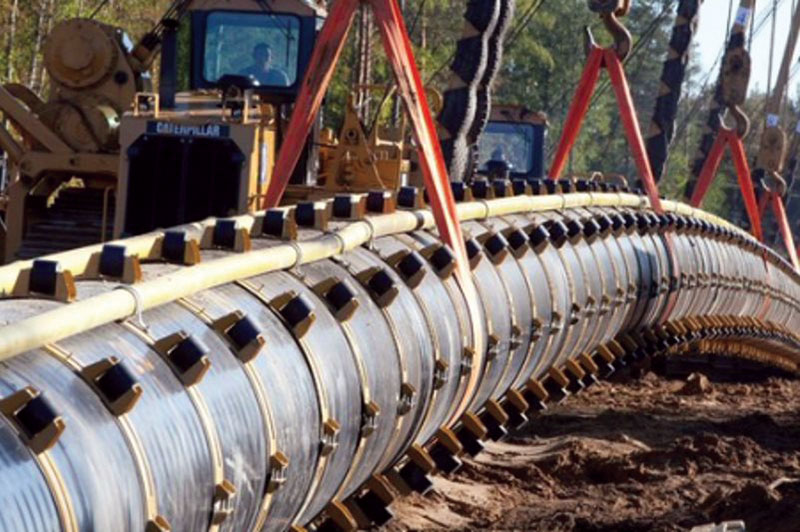China Implements Rules to Cut Fuel Pipeline Transport Costs
(Reuters) — China is introducing new rules from January for lowering costs of transporting oil products by pipeline, state planner National Development and Reform Commission (NDRC) said on Tuesday.
NDRC said in a notice on its website that under a new mechanism, it will set the maximum permitted revenue level for oil product transport by state-owned China Oil and Gas Pipeline Network Corp., known as PipeChina, for three years.
PipeChina was formed in 2020 in a push to restructure the industry, expand supplies and reduce costs for end-users, with pipeline assets from China's state-owned oil giants transferred to the new company.
Inter-provincial pipeline transport rates will then be determined through annual consultations between PipeChina and users.
If the parties fail to agree on a price, NDRC will set the fee based on the minimum cost of alternative transport methods.
If the pipeline operator's annual average revenue exceeds the maximum permitted revenue, the excess will be deducted.
The rule also specifies that pipeline transport rates for oil products should not exceed those of other transport methods, such as rail.
China is the world's biggest importer of crude oil and second-largest consumer of oil after the U.S. But its refineries are struggling with low profit margins and declining demand.
The new mechanism is meant to lower pipeline transport costs and ensure the stable supply and efficient shipping of refined oil products, NDRC said.
Related News
Related News

- Kinder Morgan Proposes 290-Mile Gas Pipeline Expansion Spanning Three States
- Enbridge Plans 86-Mile Pipeline Expansion, Bringing 850 Workers to Northern B.C.
- Intensity, Rainbow Energy to Build 344-Mile Gas Pipeline Across North Dakota
- U.S. Moves to Block Enterprise Products’ Exports to China Over Security Risk
- Court Ruling Allows MVP’s $500 Million Southgate Pipeline Extension to Proceed
- U.S. Pipeline Expansion to Add 99 Bcf/d, Mostly for LNG Export, Report Finds
- A Systematic Approach To Ensuring Pipeline Integrity
- 275-Mile Texas-to-Oklahoma Gas Pipeline Enters Open Season
- LNG Canada Start-Up Fails to Lift Gas Prices Amid Supply Glut
- TC Energy’s North Baja Pipeline Expansion Brings Mexico Closer to LNG Exports





Comments